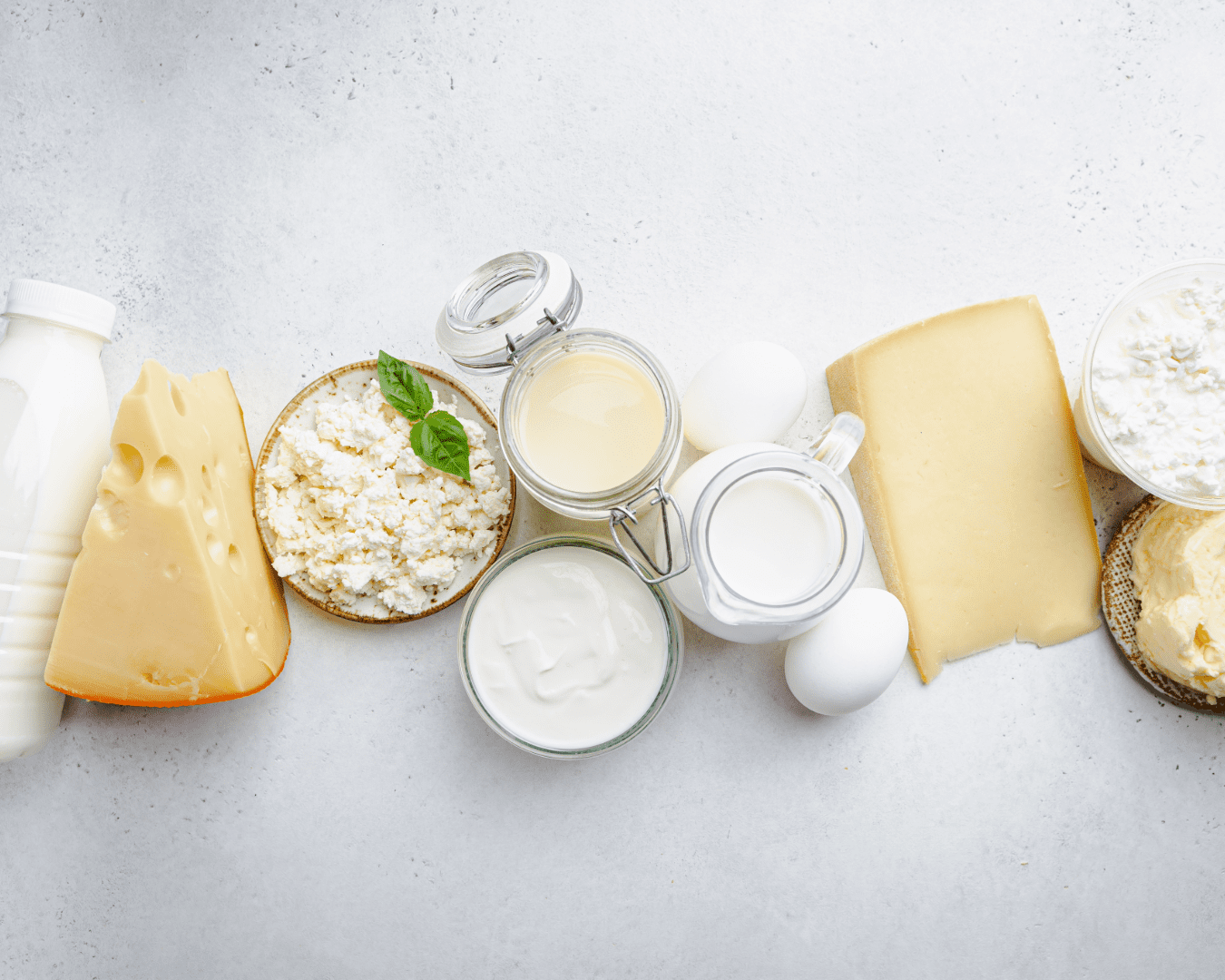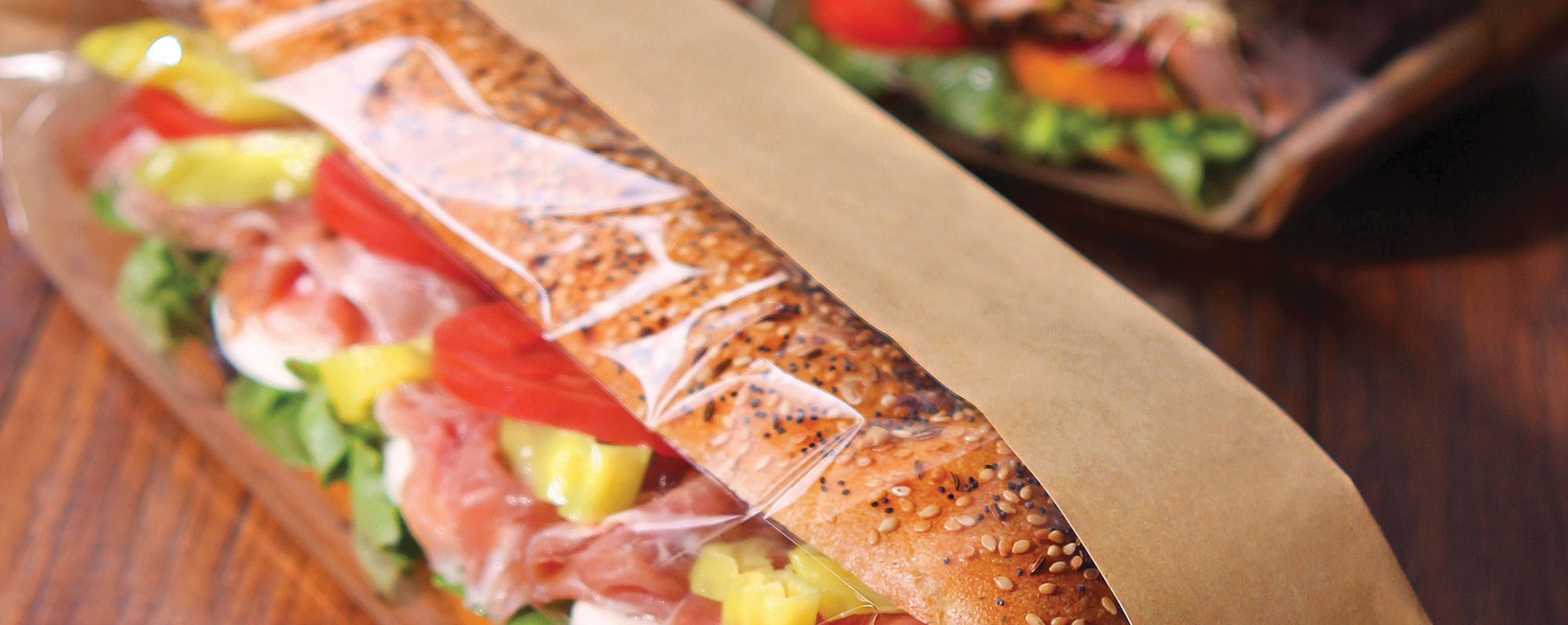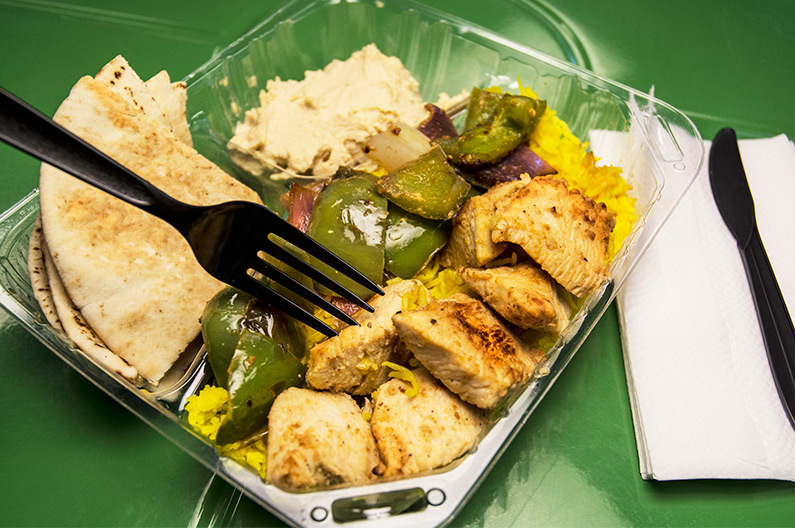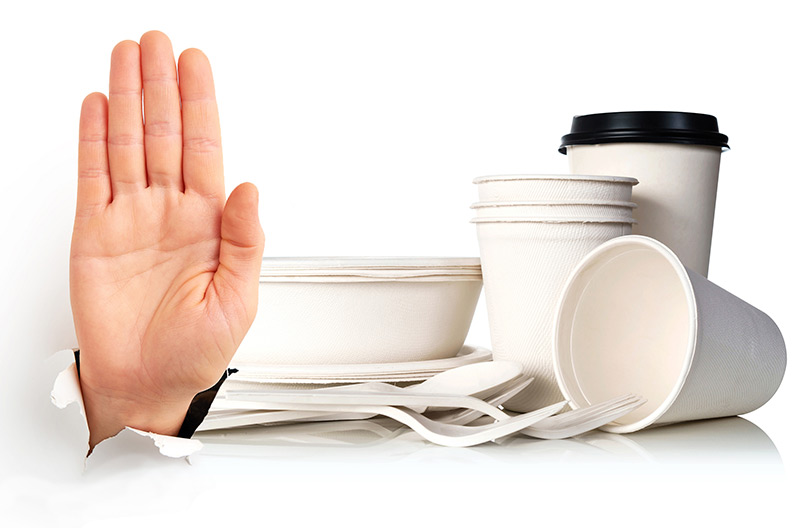

What happens when the sustainable food packaging movement collides with a global pandemic? New evidence shows that use of single-use plastic food packaging increases, while at the same time concern about the environmental impact of plastics remains high.
Dalhousie University’s Agri-Food Analytics Lab has published the results of a July 2020 survey about how the COVID-19 pandemic has affected Canadian consumers’ attitudes toward single-use plastic food packaging compared to 2019.
Results show that a strong majority of Canadians (87% compared to 91% in 2019) still feel that plastic food packaging is a serious environmental issue. And the percentage of consumers actively shopping for non-plastic packaged goods is almost unchanged at 60% (from 58% in 2019).

Yet 29% of survey respondents feel they’ve purchased more foods in plastic packaging during the pandemic. This is more prevalent among those aged 18 to 39.
According to Robert Kitz, research associate with the Agri-Food Analytics Lab and lead author on the study, the message for foodservice operators is that “generally this is not because they want to turn their backs on the environmental issue. There has been a change in priorities for now, but there is still strong commitment to achieving reductions in plastics waste.”
In March 2020, all Canadian provinces prohibited in-restaurant dining, leading to increases in takeout, delivery, and services like meal kits. This is one driver of increased plastics use. Although many restaurants have reopened, ongoing restrictions and concern about the pandemic’s second wave mean disposable-packaging-heavy off-premise dining options remain elevated.
An April 2020 report from Technomic, Inc., which provides insights to the foodservice industry, identifies the focus on to-go and delivery services as the second-highest Canadian foodservice trend in response to the pandemic.
“45% percent of younger consumers, including Gen Zers and Millennials, are buying more meal kits now from restaurants compared to before the pandemic.”
Report from Technomic, Inc.
Technomic also reports that for 2020’s second quarter in Canada, “45% percent of younger consumers, including Gen Zers and Millennials, are buying more meal kits now from restaurants compared to before the pandemic.”
The Dalhousie report identifies COVID-19 food safety concerns as essentially tied with takeout and delivery as the top reasons people say they’re buying more plastics. It finds that 55% of respondents are more concerned about food safety since the pandemic began.

Food safety and sustainability
Can pandemic-related food safety and environmental sustainability in food packaging be compatible goals? Kitz definitely thinks they can. “Most evidence seems to show that the risk of COVID-19 transmission from food is very low,” he offers. “That said, we still need to ensure that consumers feel safe, where risk perceptions may not line up perfectly with actual levels of risk. But really, food in Canada remains very safe: the industry just needs to demonstrate that commitment to Canadians, while working to minimize dependence on single-use plastics. It is by no means an easy problem to solve, but nor is it incompatible or impossible.”
Dalhousie’s study reveals a shift in opinion on how to reduce plastics use. There’s been a substantial decrease in support for bans on plastics (from 72% to 58%), but a sharp increase in willingness to pay more for biodegradable packaging (from 40% to 55%). However, 50% of respondents are more price-conscious since COVID-19.
Kitz acknowledges the tension between these findings, noting that lower income households are more likely to be price-conscious, while higher income households tend to support paying for sustainable packaging. “But,” he says, “I would still say generally that a lot of consumers are feeling these competing pulls — both the desire to have green alternatives, and also a concern about costs.”
He also points out that many consumers and foodservice operators alike face economic uncertainty and food costs are rising rapidly.
The key message? When it comes to safety, affordability and sustainability, balance is required.
Read our story: 10 great ideas to win the war on plastics


